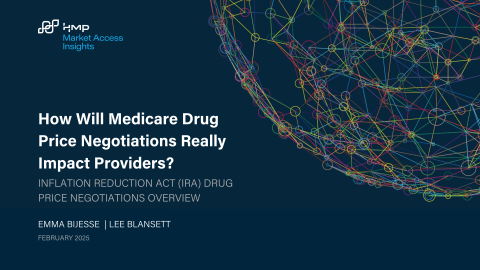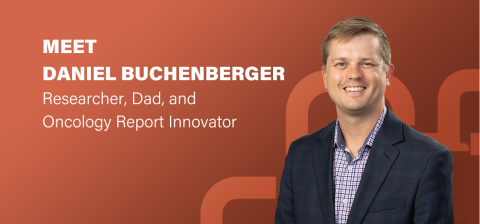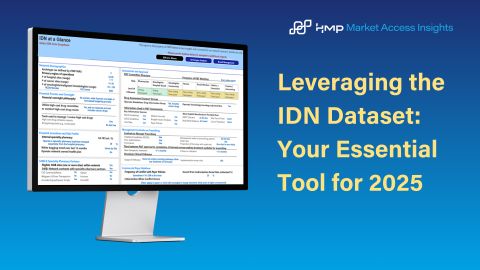

Article
Easier Pathway Access, Greater Pathway Usage
December 09, 2024Authors
Topics
Easier access to oncology pathway recommendations encourages oncologists’ usage and considerations of these recommendations. Our new 2024-2025 Oncology Clinical Pathways Impact Report reveals the variability in pathway integration and usage.
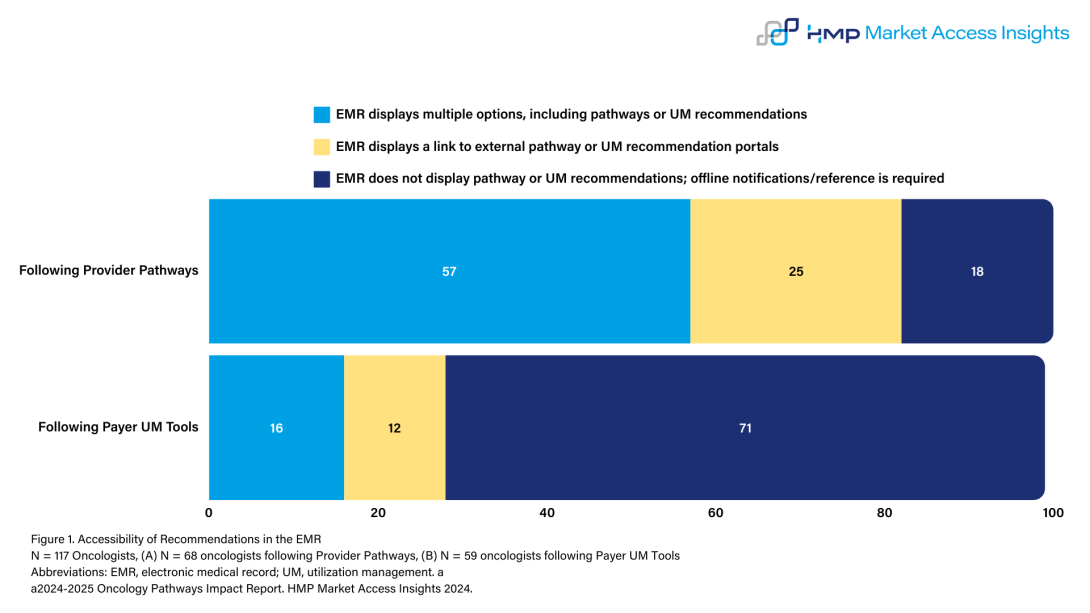
Pathway Recommendations: Provider access varies by pathway type, which impacts provider usage of these recommendations
Provider organizations employ multiple strategies to guide oncologists’ treatment selection as the number of oncology treatments continue to expand. Oncology pathways select and recommend to the oncologists a limited set of clinical treatment options, based on evaluation of efficacy, toxicity and often, financial impact (to provider, payer or patient). These recommendations vary by pathway developers, though all developers start with National Comprehensive Cancer Network (NCCN) guidelines as the foundation. How pathway recommendations are communicated to oncologists also varies by provider organizations.
Based on our new Oncology Clinical Pathways Impact research (illustrated in Figure 1):
- Most oncologists who follow provider-led pathways can access their pathway recommendations within their electronic medical records (EMRs). These provider pathways, including McKesson’s Value Pathways, Elsevier’s ClinicalPath, or those internally developed by individual provider organizations, are integrated in the EMR with preferences generally highlighted for the oncologists.
- In contrast, most oncologists who follow payer recommendations do not have access within their EMR and rely on offline notifications during the prior authorization process. During our research, we noted that oncologists are generally not able to distinguish between payer coverage limitations compared to payer oncology pathway recommendations. Thus, any payer preferences including pathway recommendations are perceived as payer utilization management or “payer UM” tools.
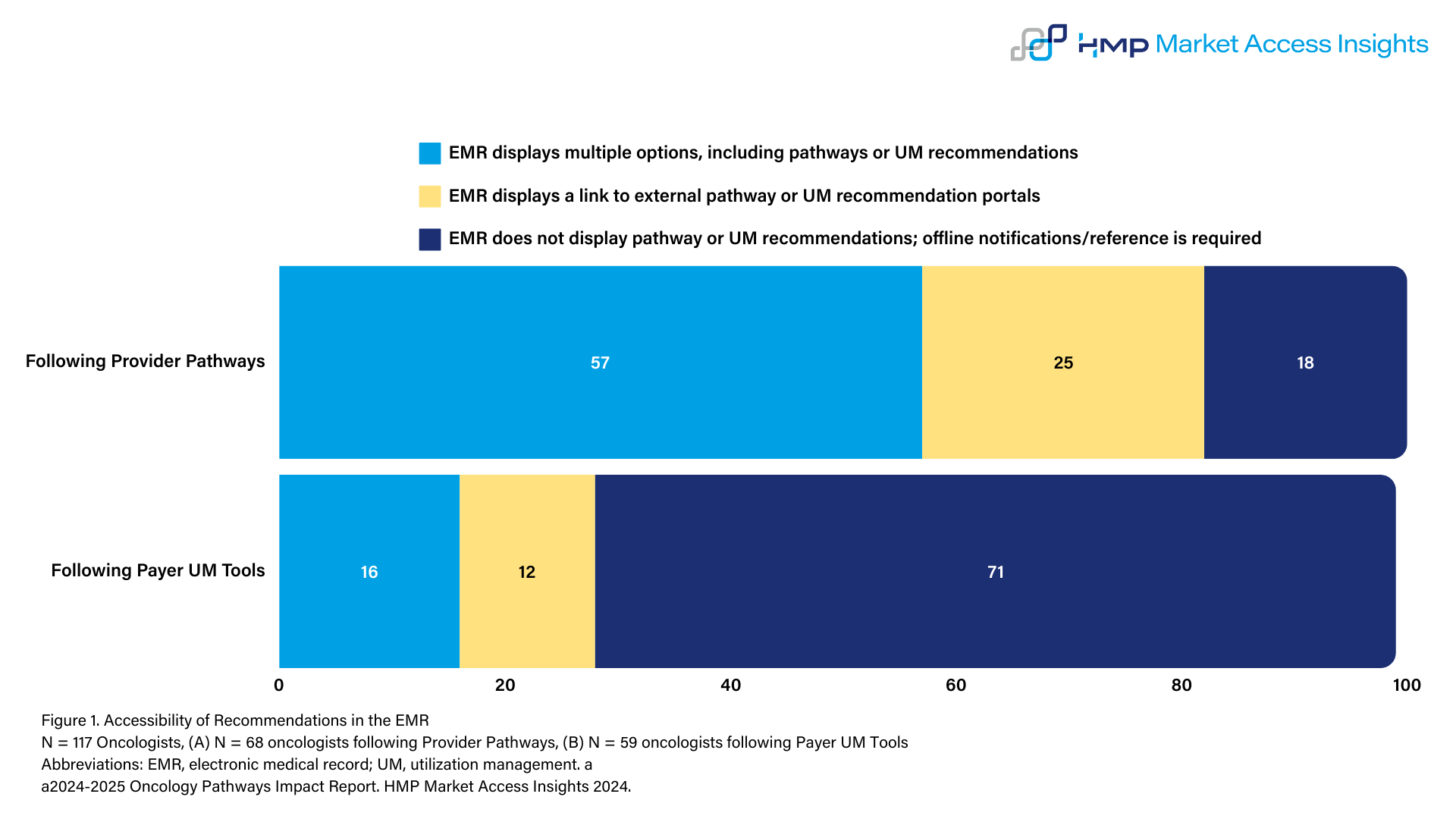
Impact on Oncologists’ Treatment Selection
Our research indicates, on average, oncologists reference provider pathways more than twice as often as payer UM tools. Most importantly, integration of provider pathways in the EMR enables oncologists to consider these recommendations during their selection process as clinical guidance and support. In contrast, payer UM recommendations are relegated downstream as peer-to-peer burden when conflict in preferences arise.
For more insights and findings on the impact of oncology pathways, stay tuned for our 2024-2025 Oncology Clinical Pathways Impact Report due to publish this month.
In the meantime, feel free to reach out to me with any questions!
Best,
Cindy
The Latest
Article
Thought Leadership Whitepaper: How Will Medicare Drug Price Negotiations Really Impact Providers?
As manufacturers prepare for Medicare drug price negotiations, a critical question emerges: How will your provider engagement strategy evolve when Maximum Fair Prices (MFP) take effect in 2026?
Emma BijesseArticle
Meet Dan: Researcher, Dad, and Oncology Report Innovator
At HMP Market Access Insights, we’re lucky to have a team of experts dedicated to uncovering meaningful insights in the oncology space. One of those experts is Dan, whose work is shaping how we approach community oncology research.
Daniel BuchenbergerArticle
Leveraging the IDN Dataset: Your Essential Tool for 2025
As IDNs face increasing complexity in oncology management, having a strategic approach backed by actionable insights is critical. Our dataset doesn’t just offer data—it equips your teams with the tools to anticipate challenges and seize opportunities.
Emma Bijesse



